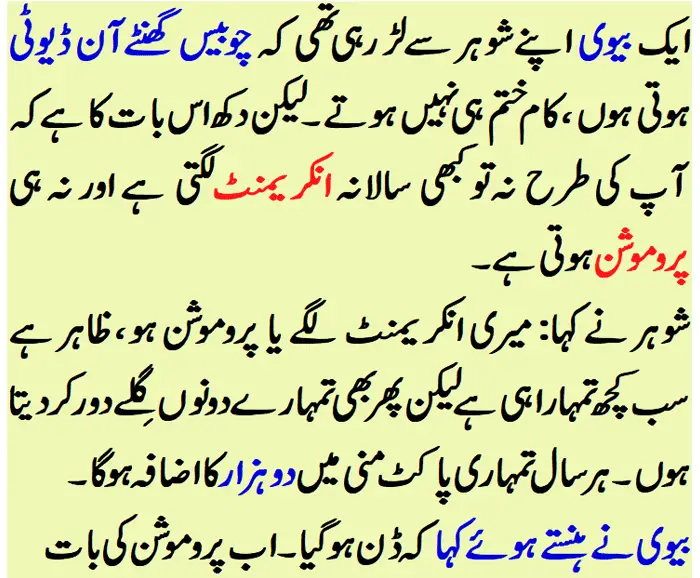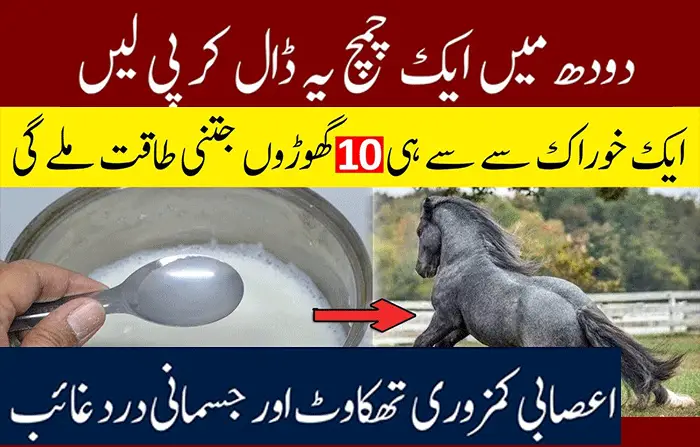The vegan diet, which excludes all animal products, has gained popularity for its potential health benefits, including weight loss. By focusing on plant-based foods rich in fiber, vitamins, minerals, and antioxidants, individuals can achieve significant weight loss results while improving overall health and well-being. To harness the weight loss potential of the vegan diet effectively, it’s essential to adopt a balanced and nutritious eating plan tailored to your needs and preferences.
Key Principles of the Vegan Diet for Weight Loss
1. Emphasize Whole, Plant-Based Foods
Center your meals around nutrient-dense, whole plant foods such as fruits, vegetables, legumes, whole grains, nuts, seeds, and tofu. These foods are rich in fiber, which helps promote feelings of fullness and satiety, leading to reduced calorie intake and improved weight management.
2. Prioritize Protein-Rich Plant Foods
Ensure an adequate intake of plant-based protein sources to support muscle maintenance, metabolism, and appetite control. Incorporate protein-rich foods such as beans, lentils, chickpeas, tofu, tempeh, edamame, quinoa, nuts, and seeds into your meals and snacks.
3. Choose Healthy Fats




Opt for healthy fats from sources such as avocados, nuts, seeds, olive oil, and coconut oil. These fats provide essential fatty acids and fat-soluble vitamins while promoting satiety and supporting overall health. Limit or avoid processed and fried foods high in unhealthy fats and added oils.
4. Limit Processed and Vegan Junk Foods
While convenient, processed vegan foods such as vegan meat substitutes, frozen meals, and snacks can be high in calories, sodium, and additives, which may hinder weight loss efforts. Instead, focus on whole, minimally processed foods to maximize nutrient intake and support weight management.
5. Practice Portion Control
Pay attention to portion sizes and avoid overeating, even with plant-based foods. While plant foods are generally lower in calories and higher in fiber, consuming large portions can still contribute to excess calorie intake and hinder weight loss progress. Use mindful eating techniques, such as eating slowly, savoring each bite, and stopping when satisfied.
6. Stay Hydrated
Drink plenty of water throughout the day to stay hydrated and support optimal digestion and metabolism. Sometimes, thirst can be mistaken for hunger, leading to unnecessary snacking and calorie intake. Aim to drink at least 8-10 glasses of water daily, and hydrate with herbal teas, infused water, or sparkling water as desired.
Sample Vegan Meal Plan for Weight Loss
Here’s a sample one-day meal plan to illustrate how to structure your meals on a vegan diet for maximum weight loss results:
Breakfast:
- Overnight oats made with rolled oats, almond milk, chia seeds, sliced banana, and a sprinkle of cinnamon.
Lunch:
- Mixed green salad with cherry tomatoes, cucumber, bell peppers, chickpeas, and avocado slices, dressed with balsamic vinaigrette.
Snack:
- Carrot sticks with hummus or a small handful of almonds and walnuts.
Dinner:
- Stir-fried tofu and mixed vegetables (such as broccoli, bell peppers, snap peas, and mushrooms) seasoned with garlic, ginger, and soy sauce, served over brown rice or quinoa.
Dessert:
- Fresh fruit salad with seasonal fruits such as berries, melon, and pineapple.
Tips for Success on the Vegan Diet
- Plan Ahead: Take time to meal plan, prep, and batch cook healthy vegan meals and snacks to stay on track with your weight loss goals.
- Focus on Whole Foods: Prioritize whole, minimally processed plant foods to maximize nutrient intake and promote overall health and well-being.
- Listen to Your Body: Pay attention to hunger and fullness cues, and eat mindfully without distractions to prevent overeating and promote satisfaction.
- Stay Active: Incorporate regular physical activity into your routine, such as walking, jogging, cycling, yoga, or strength training, to support weight loss and overall fitness.
- Be Patient and Persistent: Weight loss takes time and consistency, so be patient with yourself and celebrate small victories along the way. Focus on making sustainable lifestyle changes rather than quick fixes or fad diets.
Conclusion
The vegan diet can be a highly effective approach to weight loss when done correctly, focusing on whole, plant-based foods that support satiety, nutrient intake, and overall health. By following key principles such as emphasizing whole foods, prioritizing plant-based proteins, practicing portion control, and staying hydrated, you can achieve maximum weight loss results while enjoying a delicious and nutritious vegan lifestyle.






